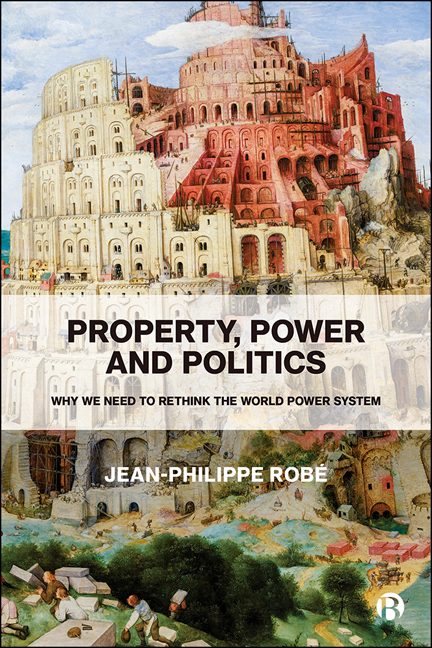10 - Towards a Sustainable World Power System
Published online by Cambridge University Press: 12 March 2021
Summary
So far in the second part of this book, I have distinguished the concepts of ‘firm’ and of ‘corporation’ and presented the extraordinary legal properties of corporations. I have explained why corporations are being used to legally structure the operations of virtually all large firms and their Financial Structure. Because of the properties of corporations, many firms have grown enormously and some of them are today significant participants in the World Power System not only as micro-but also as macro-powers. This is creating new challenges to cope with firms, as the historical methods used so far to deal with institutions of ‘private’ power based on the accumulation of property rights have merely been found at the State, national level, on a territorial basis, to internalize negative externalities and correct inequalities. In the absence of a global State and faced with State competition and governmental failure, we must find new ways to cope with global firms. One major issue is the prevailing ‘agency theory’ and the biased accounting rules which derive from this faulty doctrine.
As indicated in the General Introduction, I want to use World Power System analysis to tackle climate change. Those who still doubt the seriousness of this issue should read the calls made by scientists. The issue is here and its treatment is urgent. Via the classical operation of the State System, States agreed in 2015 on the Paris Agreement which was viewed as a landmark achievement. It has always been insufficient, however, even assuming it would be implemented. But in addition, States do not respect their commitments. The latest round of discussions, held in Poland in 2018, only evidenced the insufficiency of the corrective measures taken. The reason for this is that this type of agreement can hardly work in the existing World Power System for the structural reasons detailed in this book. The issue is global, the commitments are local and their implementation would require the creation of local rules disadvantaging proactive States and their populations. The Paris Agreement does not work, it cannot work, it will not work.
- Type
- Chapter
- Information
- Property, Power and PoliticsWhy We Need to Rethink the World Power System, pp. 327 - 352Publisher: Bristol University PressPrint publication year: 2020



